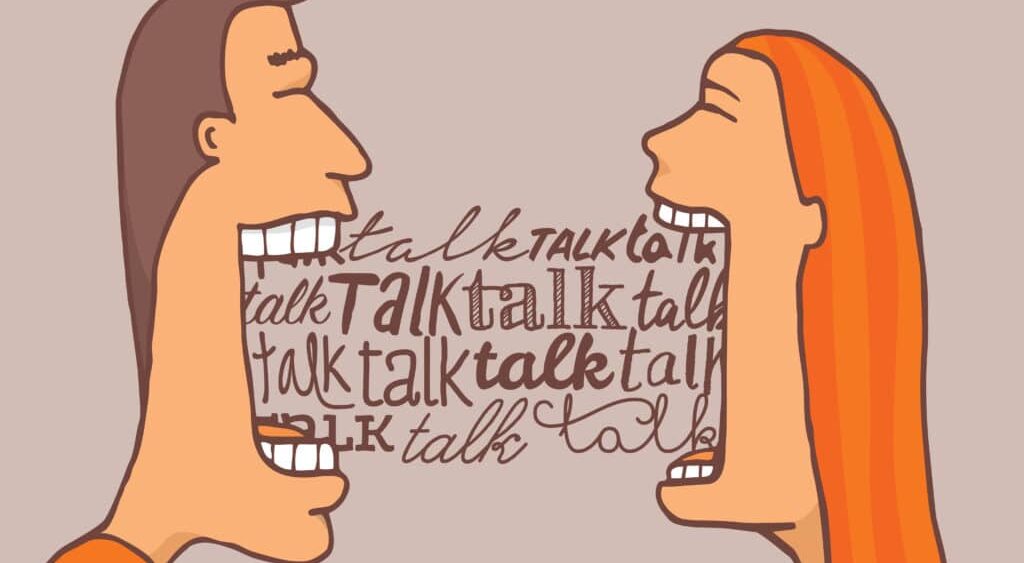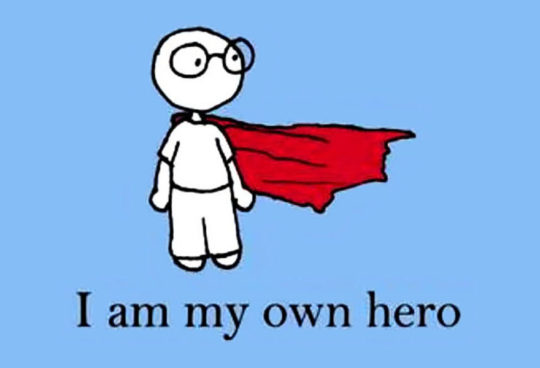So, if you didn’t already know, I’m a talking therapist so that must mean that I ALWAYS think talking about your problems is the best way to sort them out, yes?
No!
In fact, there are times when I think that talking about your problems isn’t helpful at all. Let me explain.
Back in the 80’s a psychologist called Paul Ware wrote an article about personality types. In this article he also talked about ‘Doors to Therapy’. He stated that people/clients tend to have a preferred ‘way of being’ and this will be either thinking, feeling or doing. For example a person with a ‘thinking’ way of being will intellectualise a lot. They will talk in terms of “I think” as opposed to “I feel”. A person with a ‘feeling’ way of being will be most comfortable talking about their emotions and how they feel and a person with a ‘doing’ personality type is the one who doesn’t really talk about how they think or feel – they just do.

He went on to talk about the client’s Open Door, their Target Door and their Trap Door. The Open Door is where the client is most comfortable – their preferred ‘way of being’. The Target Door (or Closed Door) is the one that you can try to nudge open once you’ve built a relationship with the client and the Trap Door is the goal of therapy – the one they really don’t want to go through but probably need to in order to make changes.

One of the doors will be thoughts, one of the doors will be feelings and the other will be behaviours. Are you with me so far?
Have a think about yourself for a moment. Do you think your Open Door is thoughts, feelings or behaviours? Which one is your Target Door (or Closed Door) and which is your Trap Door?
So, why am I telling you all this? I will often find that the clients I work with who are ‘stuck’ have a Trap Door of behaviours. Maybe someone has been ‘in therapy’ all their life but doesn’t seem to be making changes or they keep coming back and talking about the same thoughts and feelings. They very much DON’T want to talk about what they are doing to make changes. They don’t want to talk about their behaviours. If this is the case then that person won’t usually get better until they find a way to get through that Trap Door and start DOING something.

This doesn’t just apply to clients – it applies to everyone – including me. I definitely have a trap door of behaviours. For example, I’ve been thinking about writing a book for a long time. I’ve thought about how it would feel to write a book. I’ve talked about writing a book. Have I written the damn book? No. Is talking about it going to help me any more? No. If I want that book written I’ve just got to DO it.
Now, it might be helpful to think about the barriers that I am facing and talk them through but, at some point, I’ve just got to start the damn thing.
So, this is when I think talking isn’t helpful. If we have said everything we could possibly say about something. If we know exactly how we feel about it. If we have explored every angle then maybe we just have to DO something to change the way we feel.
Change your behaviour. Go through that Trap Door.
And, maybe, just maybe, I’ll start to write that book.







Sorry, the comment form is closed at this time.